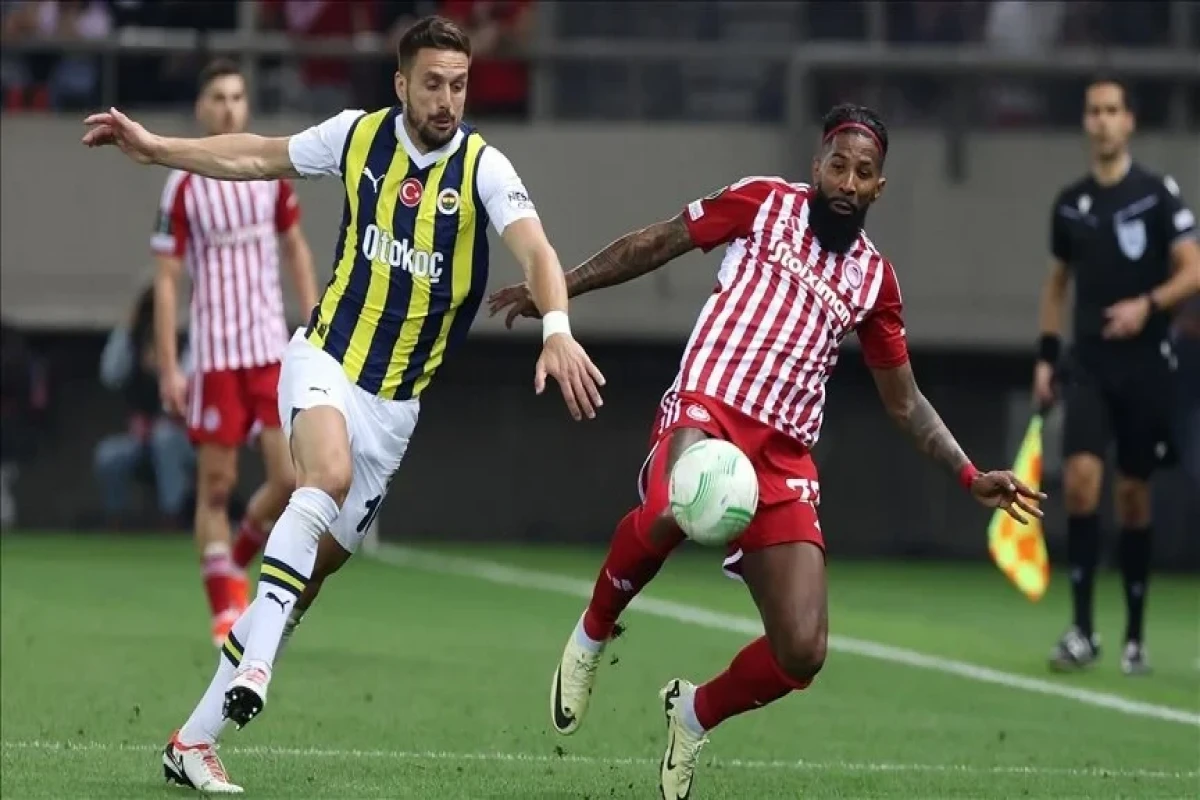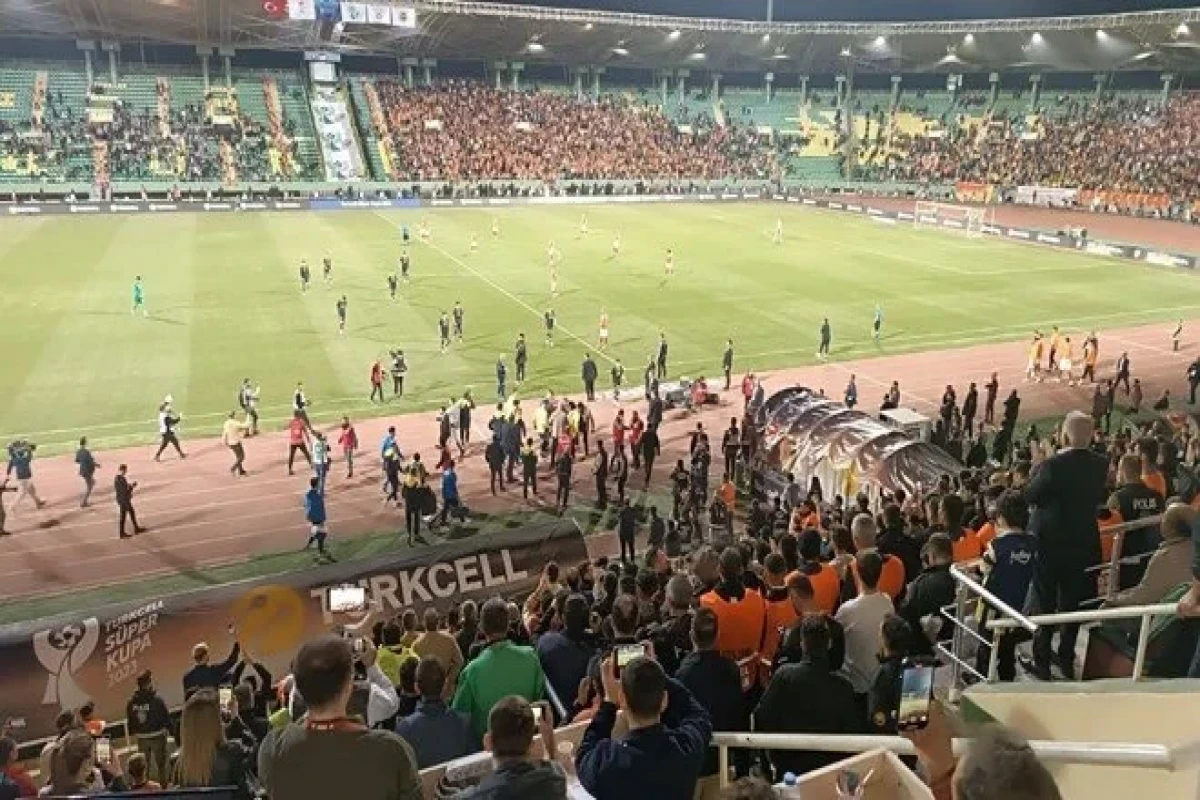Why soccer should fear the NBA

Most newspapers and commentators attacked the move as indelible proof of the division’s growing greed and unbridled ambition to find consumers in every corner of the globe. The plan was ridiculed and then quietly dropped.
But for Richard Scudamore -- the chief executive of the English Premier League -- it wasn’t so much to do with avarice but, rather surprisingly for a league regarded as one of the most successful sporting franchises on the planet, survival.
"People think that it is inevitable that the world will throw itself at the Premier League," he later told The London Times.
"We are competing in a fiercely competitive cultural marketplace...they [foreign markets] have still to decide which sports they are going to be interested in."
There were no such anxieties with those heading basketball’s top division. Next March will see the NBA stage its first ever regular season games in London.
Whilst soccer’s ubiquity as the global game has long been taken for granted, basketball, through the NBA, has slowly begun to take over the world.
This week a further bridgehead on the traditional home of football was taken as the L.A. Lakers cruised into the British capital to play a pre-season exhibition match against the Minnesota Timberwolves. The arena was a sell out, just one of a four-stop, glitzy European tour taking in Paris, Milan and Barcelona.
In the front row at the London game, a host of Premier League stars like Arsenal’s Cesc Fabregas watched on as Kobe Bryant -- whose $25 million a year wages dwarfs even the Spaniards pay packet -- stole the show with a brief six-minute cameo.
It was the fourth season running the NBA has staged a pre-season tour of Europe, a dress rehearsal for the regular season games due to take place in London next March.
By ripping up the rule book, basketball is outmaneuvering football in key markets like China, Africa and the Middle East. Football’s position as the world’s most popular sport is under threat.
"We’ve seen a lot of success in China in the past few years, especially with [Houston Rocket’s center] Yao Ming," explained Sophie Goldschmidt, senior vice president for NBA Europe.
"We have seen positive growth in our regions, the Middle East and Africa. In the Middle East basketball is the fastest growing team sport. Football is still dominant but we have seen a huge surge and we are launching an Arabic language website too."
The example of China is telling. Long seen as the next great market for FIFA, football’s global governing body, with its 1.3 billion potential fans, the game’s organization has been mired by accusations of match-fixing and bribery.
In the Middle East basketball is the fastest growing sport. Football is still dominant but we’ve seen a surge.
Earlier this year the former head of the Chinese Super League, Nan Yong, and his deputy Yung Yimin, were arrested on charges of match fixing and bribery.
The scandal has been a huge boon for basketball, and in particular the NBA, in China. It has overtaken football as the most watched sport in the country -- the NBA estimates 450 million people now tune in -- and more than 300 million play the game.
"The NBA in China is massively successful and puts football to shame," explains Rowan Simons, author of Bamboo Goalposts, a book about his attempts to set up amateur football clubs in China.
"The NBA set up NBA China, selling 11 per cent [worth $253 million] to ESPN and Disney. It has several hundred employees. The head of NBA China is Tim Chen [former CEO of Microsoft China].
"It’s a big investment play for hearts and minds of Chinese sports fans. They are working with the Chinese government to get a basketball court into ever village in China," added Simons.
"Marketing, franchised teams, sponsorship, AEG building the stadiums; it’s all coordinated in one NBA push. Then you look at football. Internationally, football has no representation in China. Manchester United has one office in Hong Kong."
The reason why the NBA has avoided some of the problems that football has faced, according to Goldschmidt, is down to the NBA’s centralized structure and subsequent dominance of the global game.
Whilst FIFA entrusts a single Football Association (FA) to develop the game in each country, the NBA hasn’t been encumbered with the same restraints. "Football has done an amazing job...and if sport’s growing everyone is a winner," concedes Goldschmidt.
"But the NBA is very different. A great thing for the NBA is that it has the best players in the world; [whereas] you have lots of great leagues in football. We have a different structure. Because of that centralized control we can control and develop our brand."
But according to some, there are far bigger shifts that explain the growing popularity of basketball at the expense of football. Namely, increased global urbanization.
The war between football and basketball is [many] civil wars between city and country, urban and rural.
"The war between football and basketball is actually dozens of individual civil wars between city and country, urban and rural," explains Os Davis editor of the ballineurope.com website.
"Basketball programs, facilities and equipment for youth, pros and even casual play are available in metropolises from Barcelona to Moscow as outdoor playing fields slowly disappear.
"Football is, and probably always will be, the game of the people, but basketball is the sport of the modern world: internationalized, well-marketed, fast-paced and urban."
The success of this summer’s football World Cup in South Africa, the single most watched sporting event on the planet, proves that football is still in the box seat when it comes to global popularity. But, equally, the success of this week’s NBA tour in Europe, not to mention it’s wider successes in Asia, show that it can’t take its position for granted.
"[In ten years time] I think there will be associated leagues under the NBA umbrella on different continents and, likely, an NBA division in Europe," David Stern, the commissioner of the NBA, told CNN in London shortly before the Minnesota Timberwolves beat the LA Lakers 111-92.
"The world will be playing enormous, enormous amounts of basketball." Even in the "Beautiful Game’s" backyard, football should watch its back.
NEWS FEED
Kazakhstan, UK sign strategic partnership and cooperation agreement
President Ilham Aliyev and President Sadyr Zhaparov made press statements-UPDATED-1
Biden signs foreign aid bill providing crucial military assistance to Ukraine
State reception in honor of President of Kyrgyzstan Sadyr Zhaparov started
Kyrgyz President Sadyr Zhaparov pays tribute to Azerbaijani martyrs
Azerbaijan's Milli Majlis holds meeting with legislative assistants of members of U.S. Congress-UPDATED
French passenger plane made an emergency landing in Baku, an alarm was announced at airport-PHOTO
Kyrgyz President Sadyr Zhaparov pays respect to Great Leader of Azerbaijan Heydar Aliyev
US to send new Ukraine aid this week, Biden says
President Ilham Aliyev and President Sadyr Zhaparov attended unveiling ceremony of monument to Chingiz Aitmatov in Baku -UPDATED
Baku to host Space Technology Conference next year
Production of industrial products increases by 70% in liberated territories of Azerbaijan -List
Azerbaijan's Pardon Issues Commission holds next meeting, number of appeals exceed 300
Azerbaijan, the U.S. mull issues of cyber security in financial field
Georgia reduced gas imports from Azerbaijan
Türkiye’s President Erdoğan, German counterpart Steinmeier meet in Ankara for talks
Azerbaijan decreased car import from Georgia by 65%
Estonia welcomes remarkable developments in Armenia-Azerbaijan border delimitation process
US President Biden once again used "Armenian genocide" term
Holding of COP29 in Azerbaijan is indeed a significant event - President of Kyrgyzstan
Azerbaijan and Kyrgyzstan signed documents -UPDATED 1
Baku ranks third as largest foreign direct investment city in world last year
Turkish MFA rejects one-sided statements about events of 1915
President of Kyrgyzstan Sadyr Zhaparov: The Joint Declaration affirms the deeper strategic nature of the relationship between Azerbaijan and Kyrgyzstan that has developed in practice
President of Kyrgyzstan: Construction of school in Aghdam is contribution to restoration of peace in conflict-affected regions
President Ilham Aliyev thanks Kyrgyzstan for its support for restoration of the liberated territories
President: Charter capital of the Azerbaijan-Kyrgyzstan Development Fund quadrupled to $100 million
Azerbaijan's former chief pediatrician commits suicide
From Baku to Karachi - new opportunities, wide horizons-PHOTOLENT
Turkish President appeals Armenian Patriarch of Türkiye regarding "events of 1915"
President Ilham Aliyev: The trade turnover between Azerbaijan and Kyrgyzstan is showing a tendency to increase
Baku and Yerevan closer to peace today than ever before, Representative of Azerbaijan's President says
President Ilham Aliyev: Azerbaijan is determined to continue active interaction with Kyrgyzstan in all areas
President Ilham Aliyev: Azerbaijan and the countries of Central Asia are bound together by centuries-old ties of cooperation
Over 30 international experts convene for conference in Azerbaijan’s Lachin
Kyrgyzstan to build school in Azerbaijan’s Aghdam
President of Azerbaijan invited his Kyrgyz counterpart to COP29
President Ilham Aliyev: The visit of the President of Kyrgyzstan to Azerbaijan will contribute to strengthening the friendly and fraternal relations between the two countries
An attempt to create a "Dove of Peace" from Vardanyan — Struggle over the wealth of the separatist billionaire-ANALYTICS
2nd meeting of the Azerbaijan-Kyrgyzstan Interstate Council was held -UPDATED
Joint tactical exercise of Naval Forces and MES being held in Caspian Sea
Azerbaijani President awards Allahveran Ismayilov “For service to the Fatherland” Order
Hungarian FM embarks on visit to Azerbaijan
Chair of Federation Council of Russia: Alen Simonyan crossed all "red lines"
Fitch forecasts may increase credit rating of Azerbaijan
"Chernobyl Disabled People's Union of Azerbaijan" demands termination of Metsamor NPP
President of Azerbaijan Ilham Aliyev held meeting with President of the Kyrgyz Republic Sadyr Zhaparov in limited format-UPDATED
Proposal for joint commission on 1915 events is still on the agenda - Turkish Ambassador to Azerbaijan
Official welcome ceremony was held for President of Kyrgyzstan Sadyr Zhaparov
Turkish Ambassador: Calling events of 1915 "genocide" makes no sense




